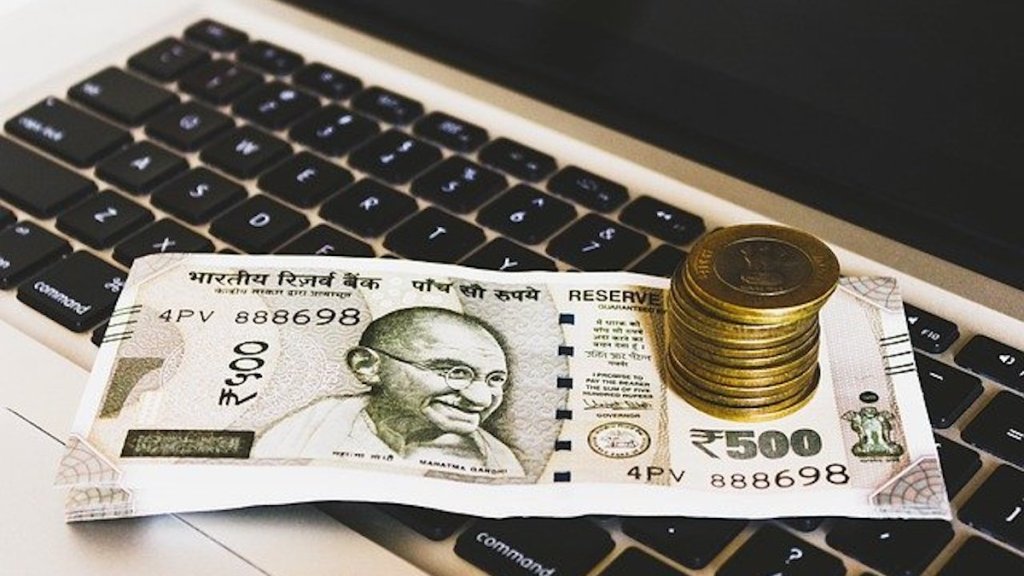7th Pay Commission Latest News: The Railway Senior Citizens Welfare Society (RSCWS) recently urged Finance Minister Nirmala Sitharaman to set up the 8th Pay Commission from 1st January 2024 as the rate of Dearness Allowance (DA) and Dearness Reied (DR) is expected to rise above 50% next year.
In a memorandum to the Ministry of Finance dated 30th May 2023, the RSCWS shared reasons why a new pay commission for central government employees and pensioners is required. Read on to know what the memorandum said
The RSCWS said that Central Government employees and pensioners were facing financial constraints for the last 70 years due to long gaps of 10 years between the Central pay Commissions.
As per the memorandum, the 7th Central Pay Commission (CPC) submitted its report in February 2017. Orders for its implementation were issued in July and August 2017 with the provision that arrears of Revised Pays be paid with effect from 01-01-2016 and that of the Allowances etc. from later date(s).
The RSCWS further said that the 7th Pay Commission had fixed the Minimum Pay as Rs 18,000 instead of Rs 26,000 and “erroneously proposed” the fitment Factor as 2.57 instead of 3.15.
Also Read: 7th Pay Commission: What is the Dearness Allowance (DA) hike expected from 1 July 2023?
Earlier, the 5th and 6th Pay Commissions had recommended delinking the Pay revision from a 10 years norm and linking it with the date from which DA/DR rises above 50%.
“As per the recommendations of the last three Central Pay Commissions, the future pay revision should be done when the DA/DR reaches 50% or more than the basic pay; the pay structure needs revision to neutralize the impact of inflation. The rate of DA/DR is projected to cross 50% or even more from Jan-2024 and as such the Pay & Allowances and Pension needs to be revised from January, 2024 accordingly,” the memorandum said.
“This was a great injustice with the Central Government employees and pensioners, caused due to continuous erosion of their real income; the Dearness Allowances and Dearness Reliefs do not provide requisite relief against inflation nor do they provide the required element to keep pace with the rise in per capita income of the country,” the memorandum said.
8th Pay Commission from January 1, 2024?
The memorandum further said that the Pay Commissions have all along been taking about 2 years for submitting their Reports and another year or more is taken by the Government to consider and to implement the same. This further erodes the relative value of the Pay & Pension proposed by the Pay Commission.
“It is therefore requested that Eighth Central Pay Commission may please be set up early and an Interim relief be granted to the Central Government employees & Pensioners w.e.f. 1-1-2024, to compensate them for the erosion of their Pay and Pension due to inflation & loss on account of relativity with GDP,” the RSCWS said.
The RSCWS also said that per capita income (as interpolated at current prices) in India had more than doubled from Rs.93,293 in 2015-16 to Rs 1,97,000 in 2022-23 (as per Budget Speech of MOF for the year 2023-24). However, the Pay and Pension of Central Govt. employees had increased by only 42% from 1-1-2016 to 1-1-2023 as against a rise of 111% in the Per Capita Income of the Country in this period as per details indicated above.
Also Read: Dearness Allowance hike news: 16% increase in DA rate for these Central Government Employees
What the Govt says
Last year, the Central Government said there might not be a need to set up another pay commission. Union Minister of State for Finance Pankaj Chaudhary had said there was no such proposal for setting up the 8th Pay Commission under consideration. (Read details here)
The current DA rate for Central Government Employees is 42% of basic pay. It is expected to be increased by another 3% of the basic pay soon. At this rate, the DA/DR rate at the end of 2024 may be around 50% or more.
Disclaimer: The above content is based on a memorandum by the RSCWS to the Finance Ministry. Views expressed here are those of the RSCWS. The opinions and facts mentioned in this article do not reflect the views of http://www.financialexpress.com


